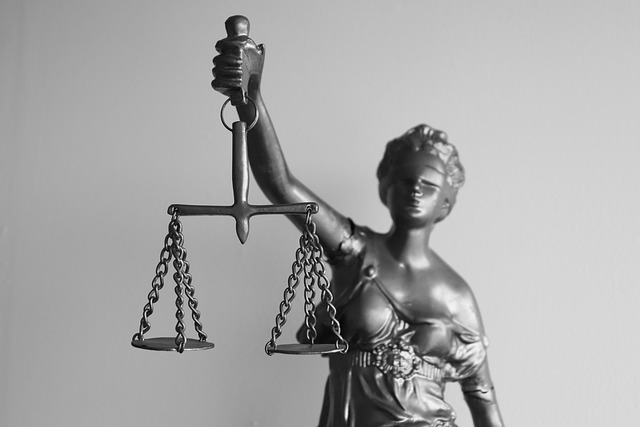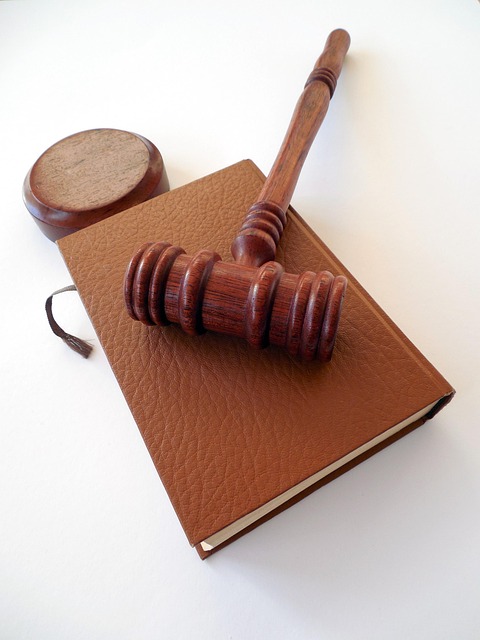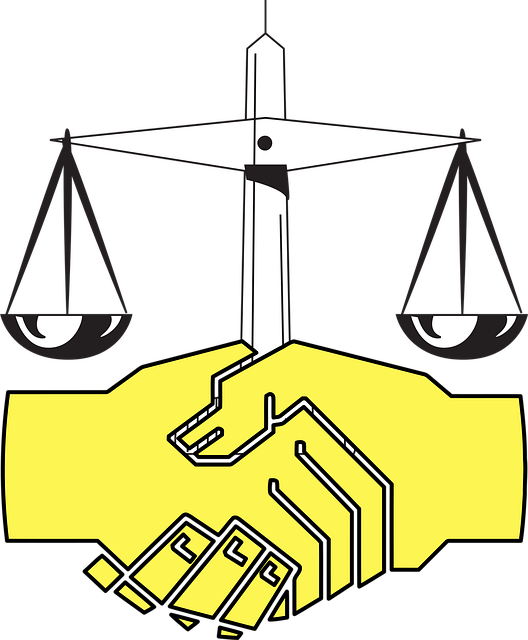Antitrust laws curb monopolies and false advertising. To sue for false advertising, gather evidence of misleading claims, consult legal experts, and understand white-collar crime defenses. Steps to Sue for False Advertising involve identifying tactics like exaggerated claims, consulting attorneys, and navigating complex legal systems. Effective gathering requires meticulous record-keeping and demonstrating intent. Legal professionals guide through proceedings, offering strategies for remedies against deceptive marketing practices.
Antitrust violation cases play a crucial role in maintaining fair competition within markets. When businesses engage in false advertising, they distort consumer choices and undermine market integrity. This article guides you through the process of suing for false advertising, covering essential steps from understanding antitrust laws to gathering evidence and navigating legal proceedings. Learn how to identify deceptive tactics and explore potential remedies to ensure business accountability.
- Understanding Antitrust Laws and Their Reach
- Identifying False Advertising Tactics
- Gathering Evidence for Your Case
- Navigating Legal Proceedings and Potential Remedies
Understanding Antitrust Laws and Their Reach

Antitrust laws are a crucial set of regulations designed to protect fair competition in the market. These laws aim to prevent businesses from engaging in practices that limit competition, such as forming monopolies or fixing prices. Understanding these laws is essential for both consumers and businesses alike. When companies violate antitrust laws, it can lead to significant consequences, including legal action and financial penalties.
The reach of antitrust regulations extends beyond just price-fixing; they also cover areas like market division, exclusive dealing agreements, and the acquisition of competitors. If you suspect an instance of false advertising or other anti-competitive behavior, knowing the steps to sue for false advertising is vital. This process involves gathering evidence, consulting with legal experts in white collar and economic crimes, and navigating the complex legal system. A general criminal defense strategy can help protect for his clients facing antitrust violation cases.
Identifying False Advertising Tactics

Identifying false advertising tactics is a crucial step in steps to sue for false advertising. Marketers often employ deceptive strategies, such as exaggerated claims, misleading comparisons, or omitting key information, to promote their products or services. Consumers can protect themselves by scrutinizing advertisements, reading reviews, and verifying the authenticity of product attributes. Law enforcement agencies and legal professionals play a vital role in investigating these high-stakes cases, which often involve white collar and economic crimes.
By understanding common false advertising schemes, individuals can better navigate their rights and seek achieving extraordinary results when faced with deceptive marketing practices. Staying informed about regulatory guidelines and staying vigilant against misleading claims are essential steps to combat this issue.
Gathering Evidence for Your Case

Gathering evidence for your antitrust violation case is a meticulous process that requires careful planning and execution. The first step in suing for false advertising is to identify the specific claims or representations made by the defendant that are allegedly misleading or false. Once these have been pinpointed, you’ll need to collect supporting documentation, such as marketing materials, sales records, and customer feedback, to prove that the advertising was indeed false or deceptive.
It’s crucial to gather both direct and circumstantial evidence. Direct evidence could include recorded conversations or emails acknowledging false claims, while circumstantial evidence might demonstrate significant market shifts or changes in consumer behavior after the advertising campaign. Achieving extraordinary results in such cases often hinges on meticulous record-keeping and a thorough understanding of antitrust laws. Remember that avoiding indictment for white collar and economic crimes is not just about presenting evidence; it’s also about maintaining comprehensive documentation to establish the intent behind the alleged false advertising.
Navigating Legal Proceedings and Potential Remedies

Navigating Legal Proceedings for Antitrust Violation Cases
When facing an antitrust violation, such as false advertising, understanding the legal landscape is crucial. The first step to sue for false advertising involves gathering substantial evidence demonstrating that false or misleading information was used to promote a product or service. This can include consumer testimonials, marketing materials, and comparative data showing the misrepresentation of goods or services. Once evidence is compiled, it’s important to consult with an experienced attorney who specializes in antitrust law. They will guide you through the legal process, ensuring compliance with various statutes and regulations.
The general criminal defense strategy may vary depending on the specific case. However, a key aspect often involves challenging the admissibility of evidence and questioning the integrity of the complaint. Those with an unprecedented track record in defending clients against such charges can provide invaluable insights into navigating these complex cases. The potential remedies for successful antitrust litigation include damages, injunctions to stop false advertising, and even dissolution of offending companies. Each case is unique, but a well-prepared strategy, backed by solid legal counsel, can significantly impact the outcome.
Antitrust violation cases, particularly those involving false advertising, require a thorough understanding of legal principles and strategic actions. By following steps like meticulously gathering evidence, identifying deceptive practices, and navigating legal proceedings, individuals can effectively sue for false advertising. It’s crucial to stay informed about antitrust laws and their reach, ensuring a strong case that can lead to remedies that protect consumers and foster fair competition in the marketplace. When considering steps to sue for false advertising, understanding these aspects is key to achieving justice.






